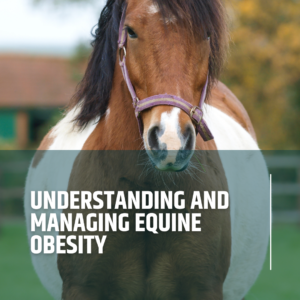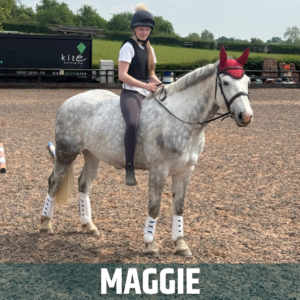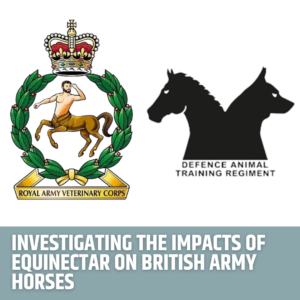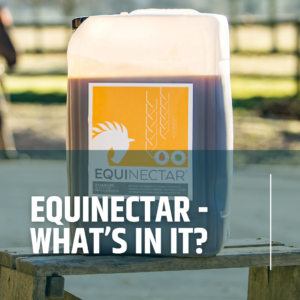A Customer’s Journey with EquiNectar and Overcoming Colic Challenges
EquiNectar customer since 2020, Debra Holland kindly shared her story with us.
“Having owned Leo, my 17hh Trakehner, ex show jumping competition horse since 2011 when he was 11 years old and realising from the outset that he was an internal worrier, I’ve been on a mission to find feeds/supplements that can help him manage/support his digestive system as it takes the brunt of this internalised stress.
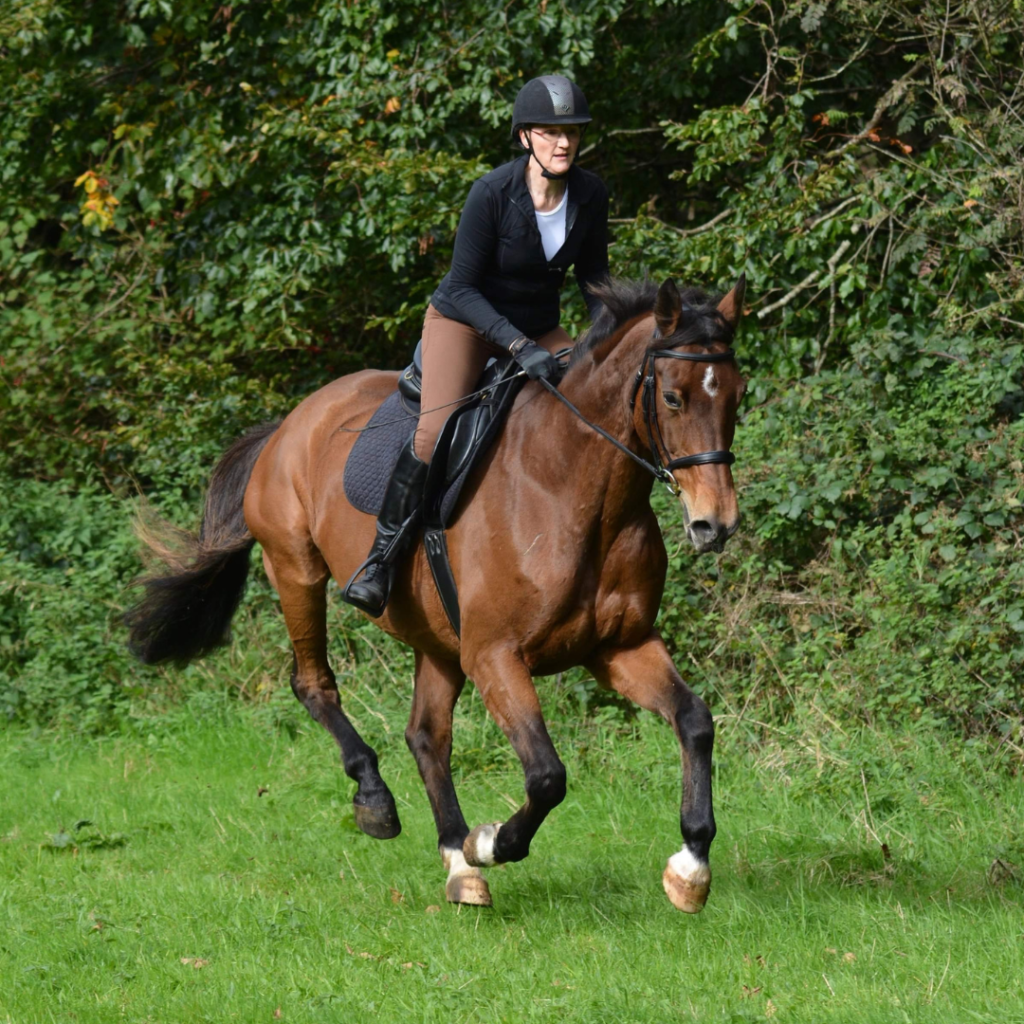
Unfortunately, he has been plagued by health issues – Lyme Disease in 2014, a splint bone fracture, hock arthritis, ulcers, and more recently PPID to name just a few of the more challenging ones. It wasn’t until a couple of years ago after he had his first gas colic, that I found myself researching on a Facebook group that covered equine digestive issues that I read about other people’s experiences of using EquiNectar to stabilise/improve the good gut bacteria responsible for the prevention of the buildup of gas associated with the fermentation of grass in the hind gut— especially during the spring and the autumn flush.
The constant battles with dysbiosis caused by either anti-inflammatory medications that were mandatory at times of severe pain, antibiotics, or wormers meant that his GI tract was constantly under pressure, as he is totally intolerant of bute in any form. I even have a blood test for encysted red worm and tapeworm to avoid chemicals if possible.
A few years ago, after a particularly poor overwintering with him, I had his droppings analysed by a specialist company, which showed he was completely out of kilter and in the red and amber zones of all the essential bacteria required for a healthy biome. I followed the protocol and it worked for a while, but as the environmental factors are dynamic and fluid, it hasn’t permanently resolved the issues.
My vet likened Leo’s fragile digestive system to IBD in humans. The damage was probably caused many years ago, possibly even when he was a foal, as his breeder confirmed he was attacked at nine months old and due to his injuries was confined for a long time on antibiotics, which in my opinion was most likely the cause of a poor base of good bacteria. In a healthy horse, steroids would probably have been of benefit, but in a PPID horse, the risk of laminitis is too high.
After discovering this product existed, I visited the Tharos Ltd website to check out the background and then arranged a call with a member of staff who talked me through how the product could assist and if indeed it was appropriate; I have always found the staff extremely helpful.
I accept that my horse’s case is at the upper extreme of gut challenges, but I just wanted to express how happy I am that I tried EquiNectar. Leo’s gut sounds at certain times of the year when the grass is long and wet could be heard outside of his stable! They are now normal.
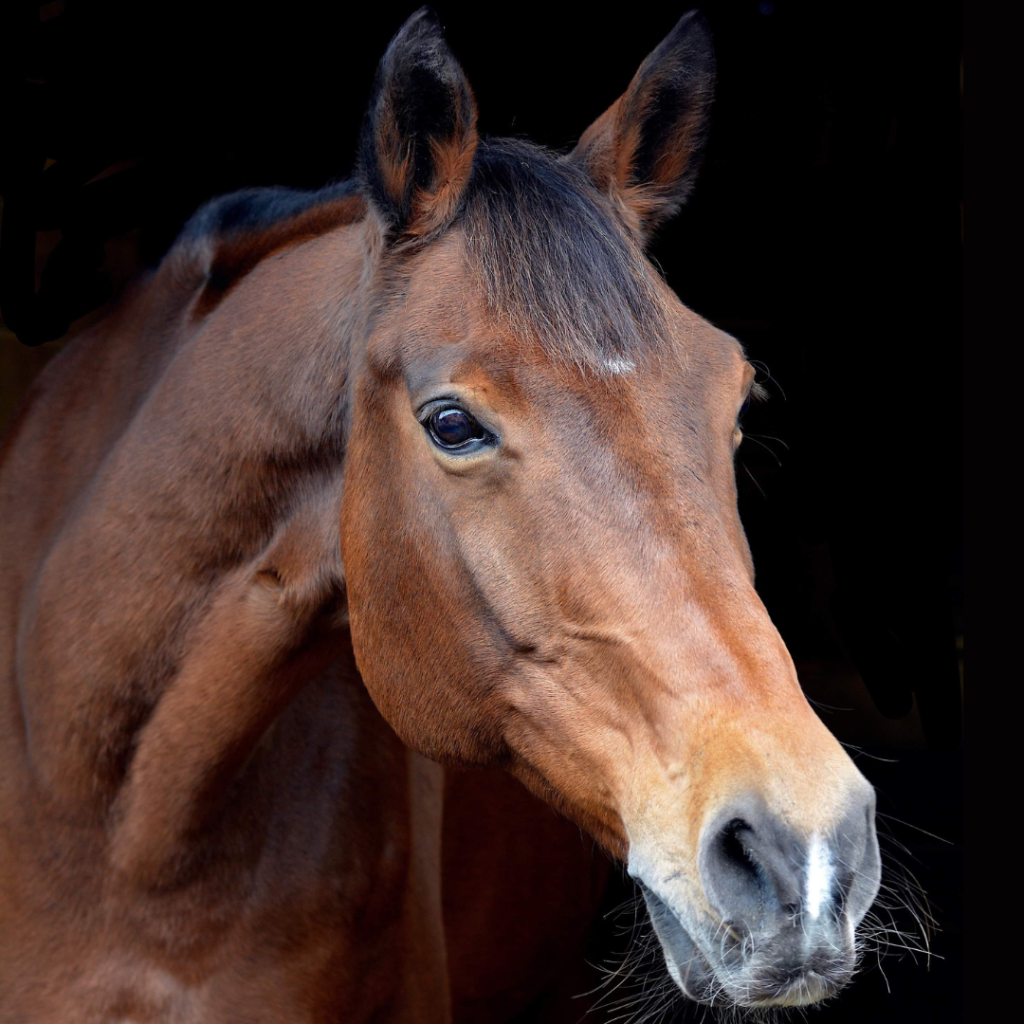
I attribute one case of gas colic to running out of EquiNectar at the same time he had just finished a course of antibiotics and recently been moved over to a rested summer paddock when the weather changed to rain and it caused a grass growth spurt that proved too much for him to handle without the help of EquiNectar. I have never run out again. For a horse living with the effects of a poor digestive system, I believe this product is instrumental in preventing the build-up of gas caused by an overgrowth of the harmful bacteria that can lead to gas colic in prone horses
In summary, I have also now found a feed company that has also made a radical difference, and I have learned to adjust the volume of EquiNectar from maintenance to maximum dose during grass growing conditions, but I will never stop adding it to his rations as I believe this is a vital element in keeping gas from becoming a problem for him. I can only speak from personal experience, obviously, but I have even returned home to collect it if I have forgotten to take it to the yard; that is how important it is to me now.”

